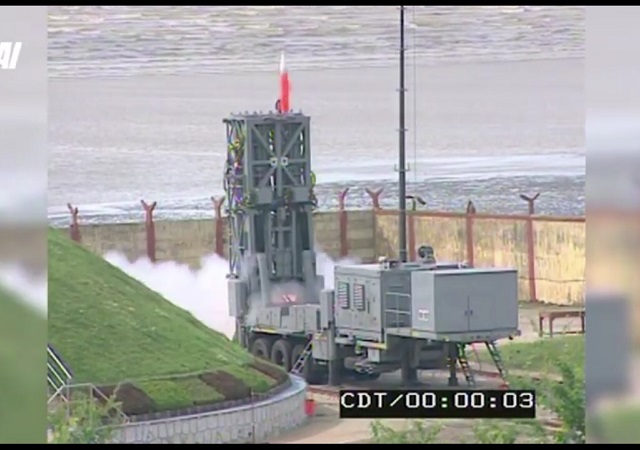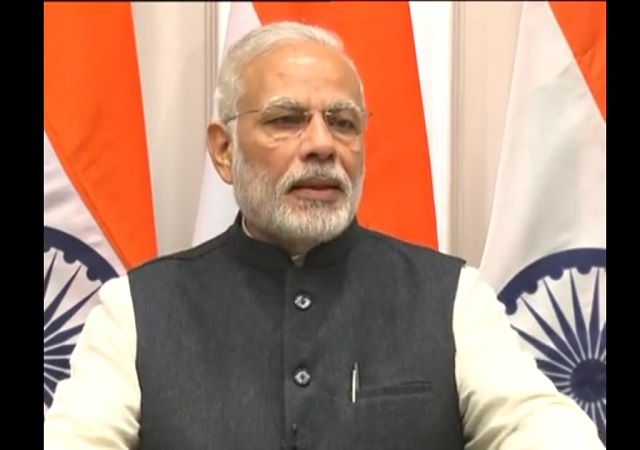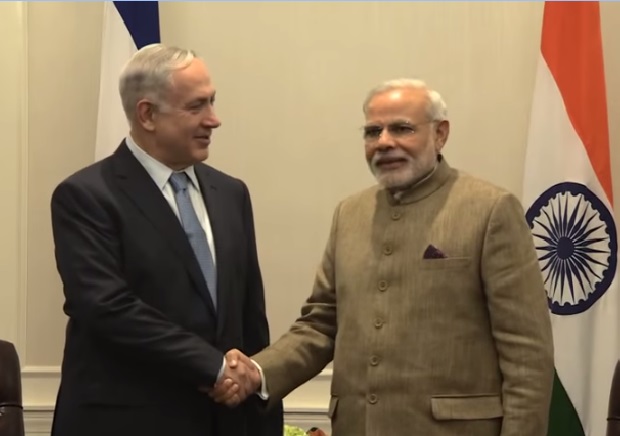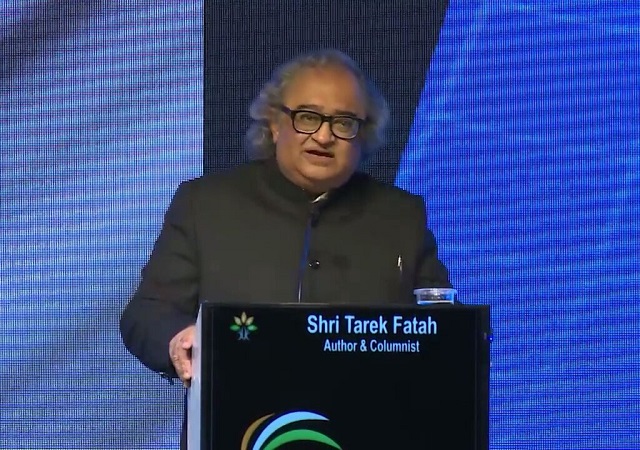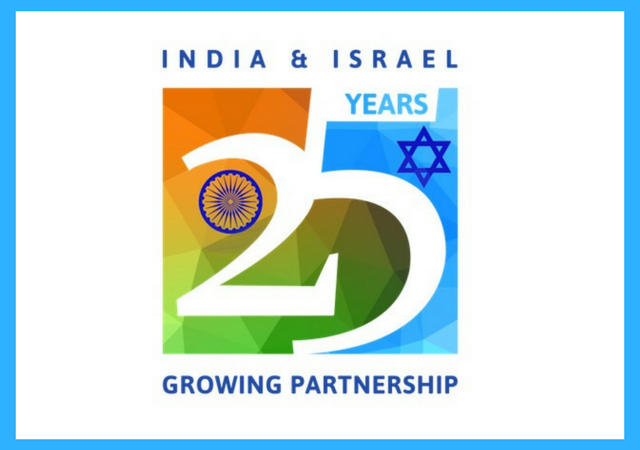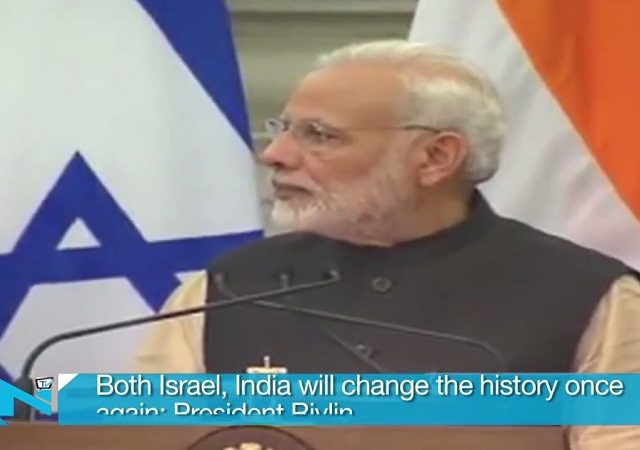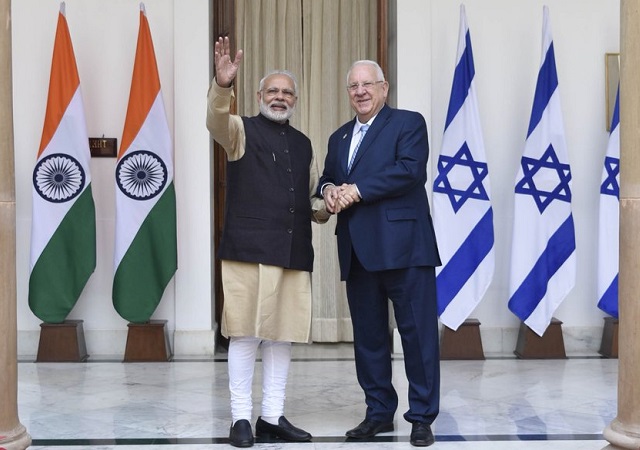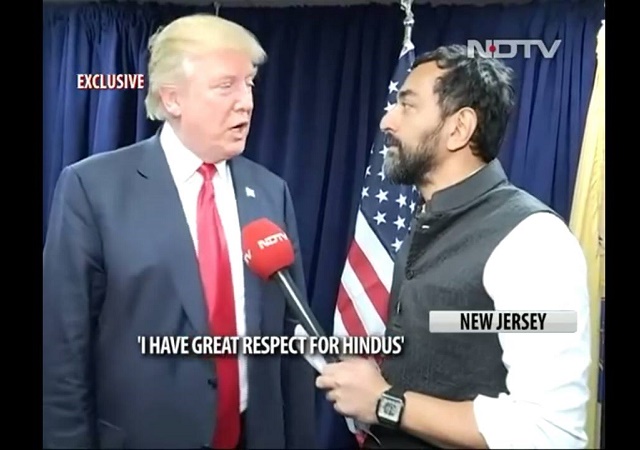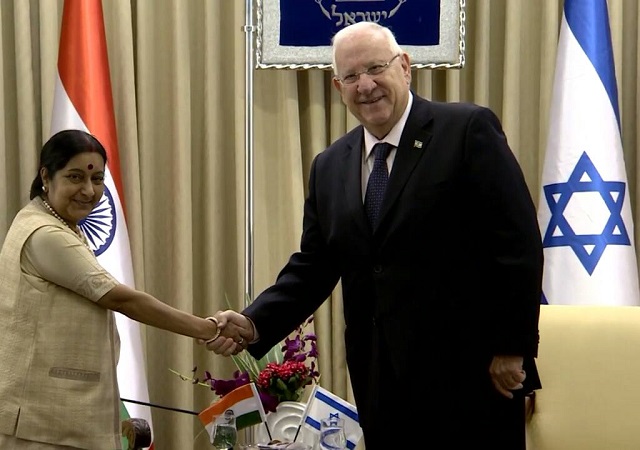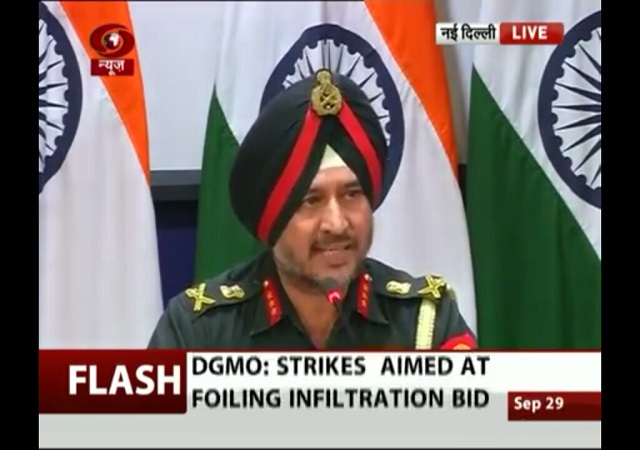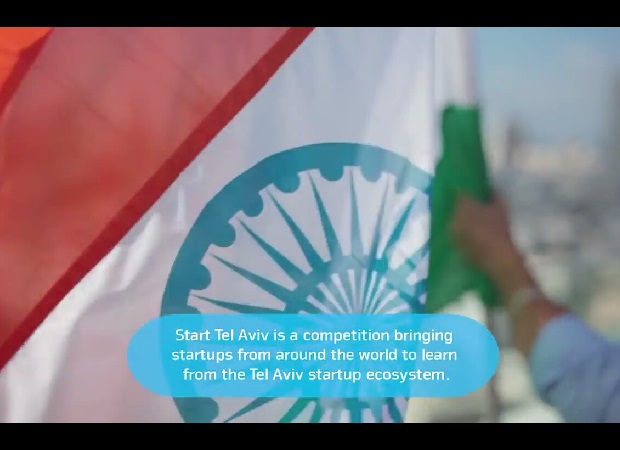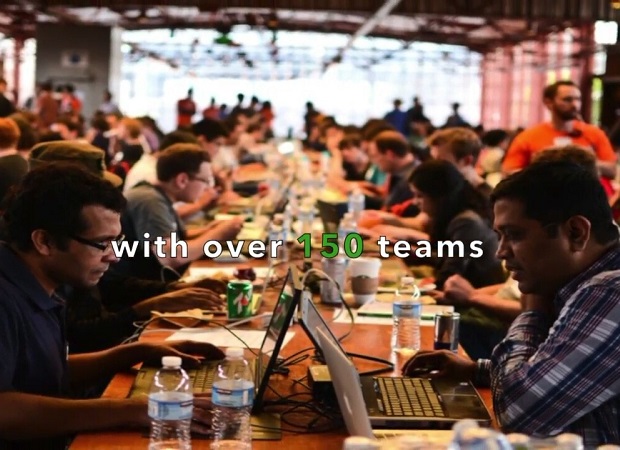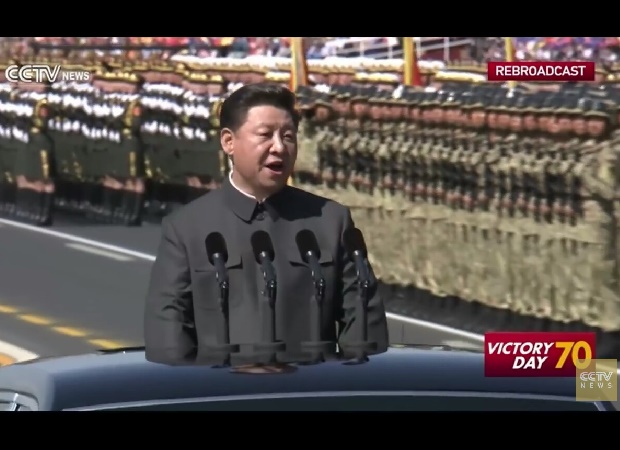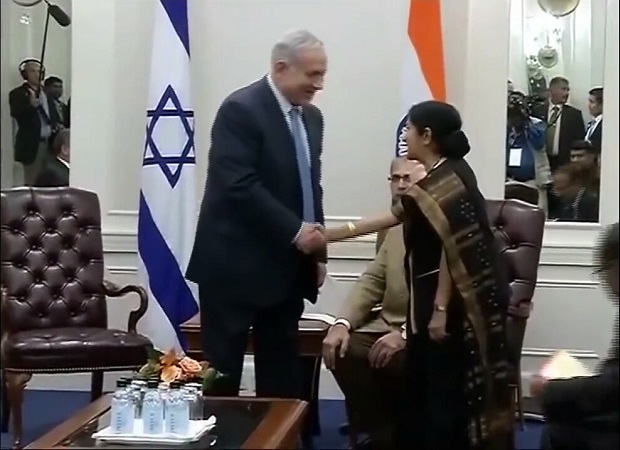‘Biggest Defense Deal In Israel’s history’ – Israel Aerospace $2 billion Contract With India
on April 07, 2017
4 Comments
In what is being described as the largest single defense deal in Israel’s history, Israel Aerospace Industries (IAI) has secured a defense contract worth almost $2 billion from India.
Under the contract, IAI will equip the Indian Armed Forces with long and medium-range missile defense systems that have been developed through a joint Israeli-Indian partnership.
IAI has been supportive of Prime Minister Narendra Modi’s efforts to strengthen the Indian manufacturing base, also known as ‘Make in India’ initiative. "The current contracts represent an enormous expression of confidence by the Government of India in IAI's capabilities and advanced technologies which are being developed with our local partners as part of the Indian Government's 'Make in India' policy." IAI's CEO Yossi Weiss said.

